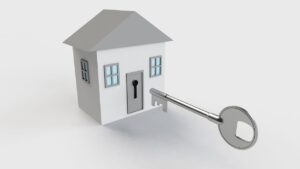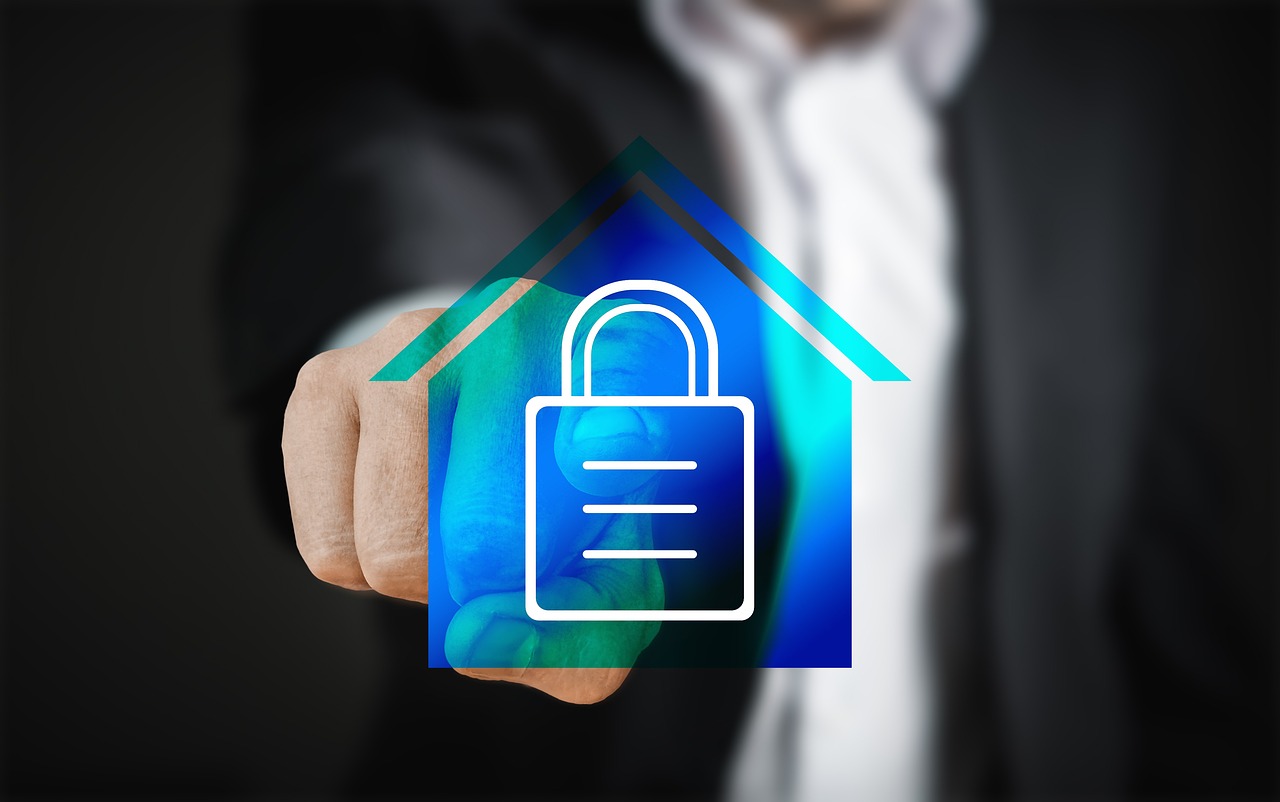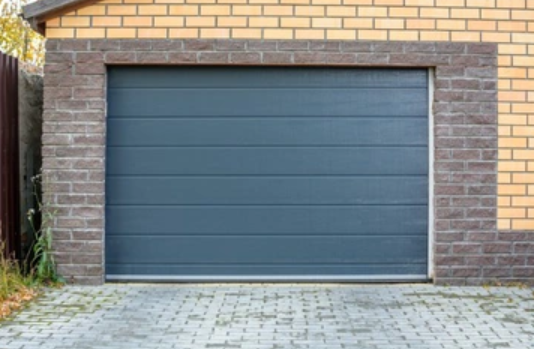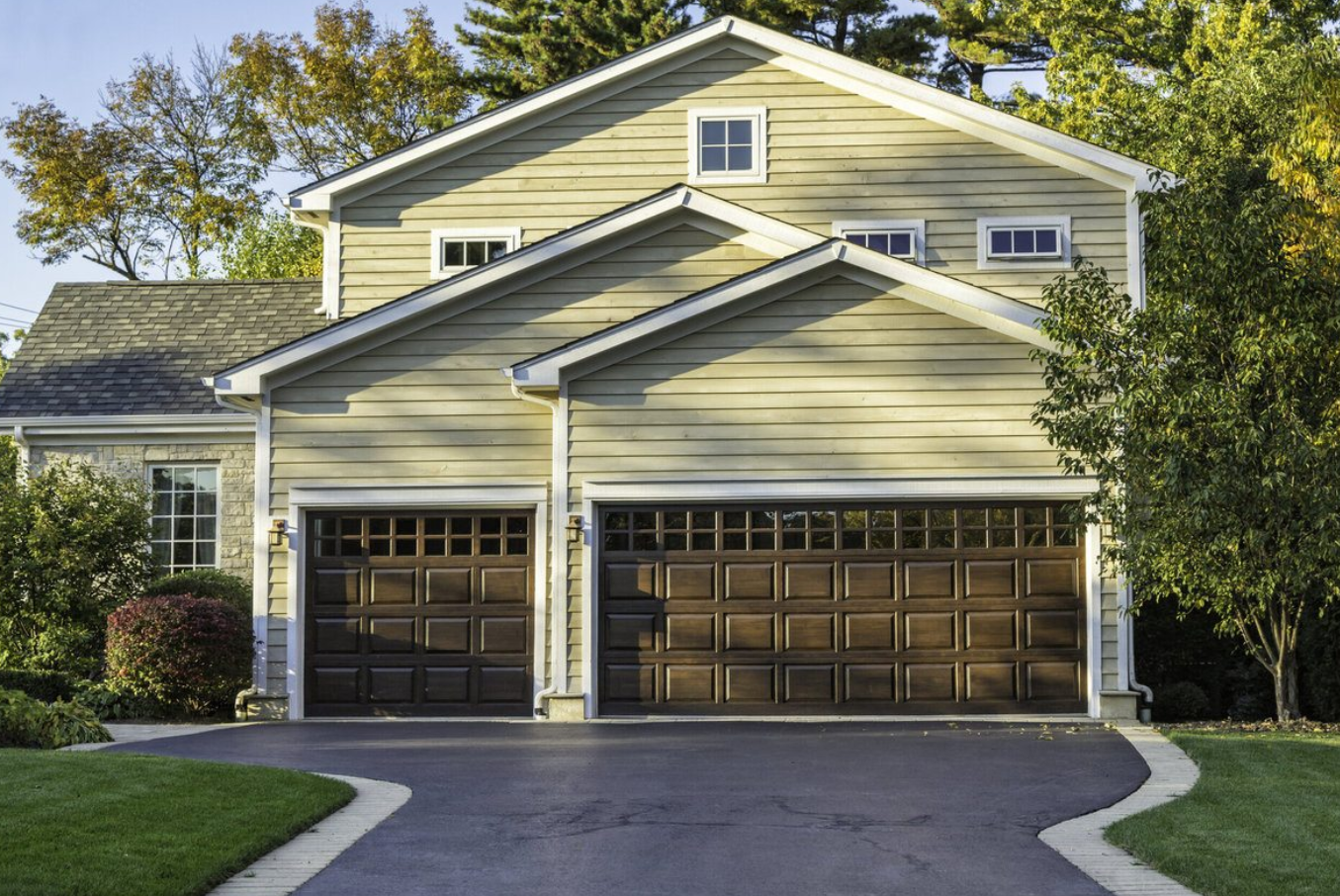When you arrive home after a long day, what’s the first thing you notice? For many of us, it’s the welcoming sight of our garage door. As a homeowner, you might think of a garage door as simply functional—a means to protect your vehicle and storage items. However, a garage door offers so much more than meets the eye. This guide aims to illuminate the myriad benefits of garage doors and why they’re an absolute necessity for every homeowner.
Key Takeaways
- ●Garage doors offer security, protection, and convenience to homeowners.
- ● Regular maintenance is necessary for ensuring the garage door’s longevity and smooth operation.
- ● Insulated garage doors can help in energy efficiency and temperature management.
- ● Garage doors help in noise reduction and increase property value.
- ● Safety features like infrared sensors and auto-revers can prevent accidents and injuries.
- ● Garage doors come in different materials such as steel, aluminum, wood, fiberglass, and vinyl.
Enhanced Home Security
The most obvious function of a garage door is providing security. It serves as a formidable barrier against potential intruders, giving homeowners peace of mind. However, in the age of technological advancements, garage doors have evolved to offer even greater security features. These might include builtin alarms, automatic locks, and connectivity to your home security system.

Builtin Alarms : Deters potential intruders and alerts homeowners
Automatic Locks : Provides added security especially when you forget to lock manually
Security System Connectivity: Allows seamless integration with your home security system, giving you control and monitoring capability
Improved Aesthetic Appeal
A well chosen garage door can significantly enhance your home’s curb appeal. As the first thing many people notice about a house, a garage door can make a significant impression. It can either complement the architectural design of your home or stick out like a sore thumb. For instance, a modern style garage door might go well with a sleek, contemporary home design, while a carriage style door might be the perfect touch for a more traditional house. Check our guide on How to Select a Garage Door for more on choosing the right style.
A garage door is not merely a functional feature but also an expression of your personal style. As such, a thoughtfully chosen garage door can add charm and character to your home. It’s an investment that pays off not only in aesthetics but also in the added value to your property. More on that in the next section.
Increased Property Value
Beyond the visual appeal and security it provides, a good quality garage door can also boost your home’s overall value. It’s an investment that can pay off significantly, especially if you plan to sell your home in the future. The attractiveness and functionality of a well-maintained, modern garage door can increase your property’s desirability, and by extension, its market value. A study even shows that homeowners can recoup up to 97.5% of the cost of a garage door replacement when selling their homes. You can read more about this in our article on Replacing a Garage Door.
Energy Efficiency and Climate Control
One often overlooked aspect of garage doors is their role in energy efficiency and climate control. An insulated garage door can help maintain indoor temperatures, reducing the energy needed for heating or cooling your home. This is especially beneficial if you use your garage as a living or workspace, where temperature stability is critical.
Furthermore, a quality garage door can protect the items stored in your garage from extreme weather conditions. Cars, tools, bikes, and other stored items will last longer and perform better when kept in a stable, controlled environment. For more insights on this, check our article on Types of Garage Doors where we talk about insulation features.
In essence, an energy-efficient garage door is an investment that could lower your energy bills and extend the lifespan of the items stored in your garage.
Enhanced Convenience
In today’s fast-paced world, convenience is key. Thankfully, modern garage doors offer just that. Consider the evolution from manual to automatic garage doors, which save us from the drudgery of lifting heavy doors, especially in harsh weather conditions. The use of remote controls or even our smartphones to operate garage doors adds another layer of convenience.
Beyond automation, features such as built-in lighting systems provide visibility at night, ensuring safety while adding to the aesthetic appeal. Modern garage doors can also integrate with smart home systems, allowing for seamless control and monitoring. For more on this, explore our article on Reasons to Use Automatic Garage Door Lock.
Privacy
A garage door also guarantees privacy, particularly for homeowners who use their garage as an extension of their living space—be it a workshop, gym, or recreational area. A closed garage door keeps prying eyes away and lets you enjoy your activities in peace.
Noise Reduction
Lastly, certain types of garage doors can help dampen street noise. This is especially beneficial if you live on a busy road or in a noisy neighborhood. Insulated or solid wood garage doors are particularly effective at this, creating a quieter, more comfortable environment inside your garage and home. Check our guide on Types of Garage Doors to learn more.
Common Questions:
Why is the garage door important?
Garage doors provide security, enhance curb appeal, improve energy efficiency, and can increase property value, making them integral to any home.
What is the useful life of a garage door?
A: The lifespan of a garage door, subject to quality, material, and maintenance, averages between 15 to 30 years.
Why install a garage door?
A: Garage doors bolster security, aesthetics, and energy efficiency. They add convenience and can boost resale value, while also offering privacy for multipurpose garages.
What are the benefits of automatic garage doors?
Automatic garage doors provide easy access, enhanced security with automatic locks, remote operation, possible integration with home security systems, and often feature built-in lighting.
Conclusion:
In conclusion, the importance and benefits of a good quality garage door are manifold. From enhancing your home’s security and aesthetic appeal to improving energy efficiency, increasing property value, and providing convenience, privacy, and noise reduction, a garage door is more than just an entrance for your car—it’s an indispensable component of a modern home. As a homeowner, understanding these benefits will help you make informed decisions when it comes to installing, replacing, or maintaining your garage door. Remember, a garage door is not just a purchase; it’s an investment in your home and lifestyle.





